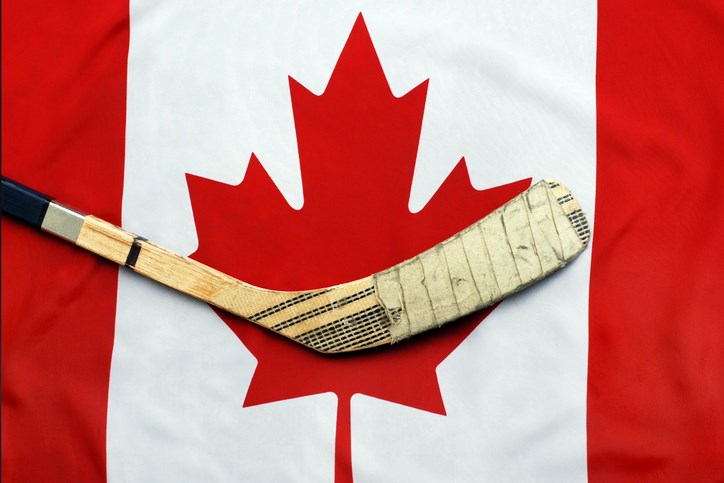The COVID-19 pandemic originally forced the postponement of the contest, and ultimately led to competitions that were held without spectators. The customary image of the Summer Games – a 16-day party featuring attendees from all over the world – never materialized.
In March, Research Co. and Glacier Media asked Canadians about . At the time, almost half of Canadians (49%) considered that it would not be safe to hold the games in the summer of 2021, and 65% endorsed the decision to forbid foreign spectators from going to the events.
Late last month, we found that 58% of Canadians watched at least some television coverage of the most recent Summer Olympics. This includes majorities of residents of
British Columbia (61%), Ontario (60%), Quebec (58%), Atlantic Canada (53%), Saskatchewan and Manitoba (also 53%) and Alberta (51%).
When we asked Olympics watchers about their level of enthusiasm for the latest Summer Games, almost two in five (38%) said they did not watch as much as they did in previous editions. There is a significant age divide, with almost half of Canadians aged 55 and over (46%) saying they were not as glued to their television sets or tablets as they were when the Olympics were held in Rio de Janeiro, London or Beijing.
One of the features that was supposed to make these Olympics more desirable to viewers came in the form of web streaming. There was a wide array of options for sports fans to browse, either live or on tape delay, by clicking on the right websites. Streaming served as a welcome addition for many Canadians, given that some marquee events took place at a moment when most of us were asleep.
As expected, younger viewers were more likely to take advantage of these new options. On average, Canadians spent 24% of their Olympic viewing time web streaming (12% of it live and 12% of it watching sports on tape delay). However, the amount of time Canadians aged 18 to 34 streamed reached 22% for live coverage and 17% for tape-delayed events.
Still, more than half of the time spent by Canadians watching Tokyo 2020 (52%) happened on live broadcast television, a proportion that rises to 58% among Canadians aged 55 and over. Tape-delayed broadcasts on television amounted for the remaining 24% of viewing time. Canadians did not have to deal with this situation as much when the Winter Games were held in Salt Lake City and Vancouver.
The survey shows that broadcasters will need to rely on a mix of broadcast and streaming to attract viewers of all ages. The level of attention that Canadians bestowed on these Olympics was lower than in previous editions. There were extremely compelling stories arising out of these games, particularly on swimming, track and soccer. Some Canadians had a tough time either enjoying these feats live or finding the right tools to watch them outside of the realm of broadcast television.
In less than five months, the Winter Olympics will start in Beijing. Canada’s broadcasters will face challenges similar to the ones they just experienced in Tokyo – a young public that will find it easier to browse online for the events they want to enjoy, and an older population that continues to watch events live but may find it difficult to do so because of the time difference.
Along with the Tokyo questions, we asked Canadians whether Canada should boycott the 2022 Winter Olympics in Beijing over China’s human rights record. As was the case in March, a majority of Canadians (56%, up two points) remain in favour of keeping our athletes home.
Support for a boycott of next year’s Winter Games remains higher among men (61%, up four points) and Canadians aged 55 and over (60%, down one point). Once again, majorities of residents across all regions believe that a boycott is the right course of action, from a low of 52% in Quebec to a high of 61% in Alberta.
It is important to note that our survey was completed before the National Hockey League (NHL) announced a deal to allow its players to participate in the 2022 Olympics. It remains to be seen whether the allure of enjoying a single event that made Canadians very happy in 2002, 2010 and 2014 will alter the national mood that has remained consistent this year about boycotting the Beijing Winter Games.
Mario Canseco is president of Research Co.
Results are based on an online study conducted from August 28 to August 30, 2021, among 1,000 adults in Canada. The data has been statistically weighted according to Canadian census figures for age, gender and region in Canada. The margin of error, which measures sample variability, is plus or minus 3.1 percentage points, 19 times out of 20.

